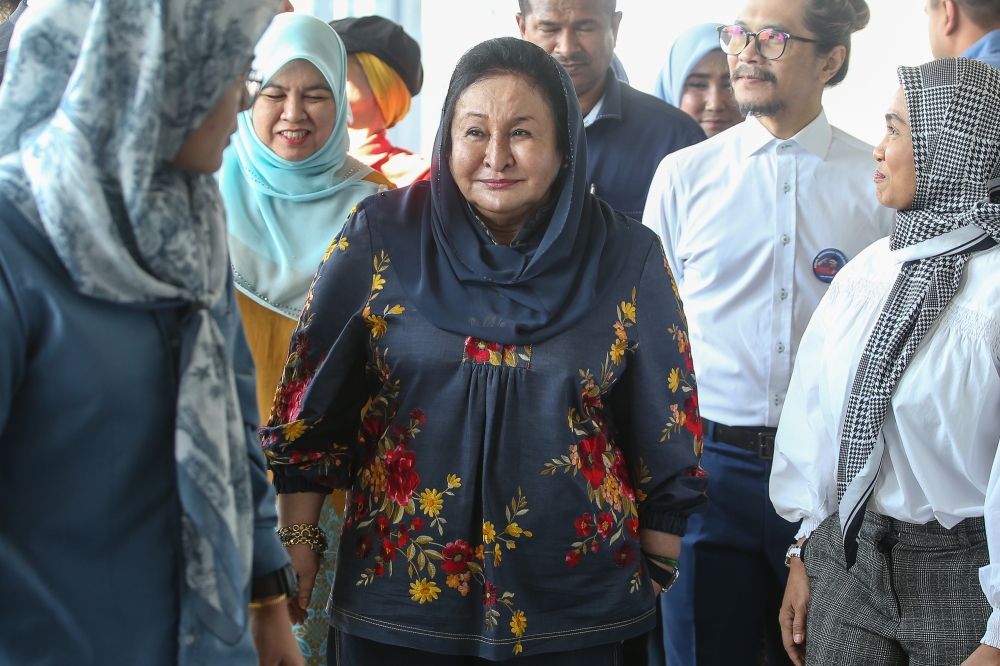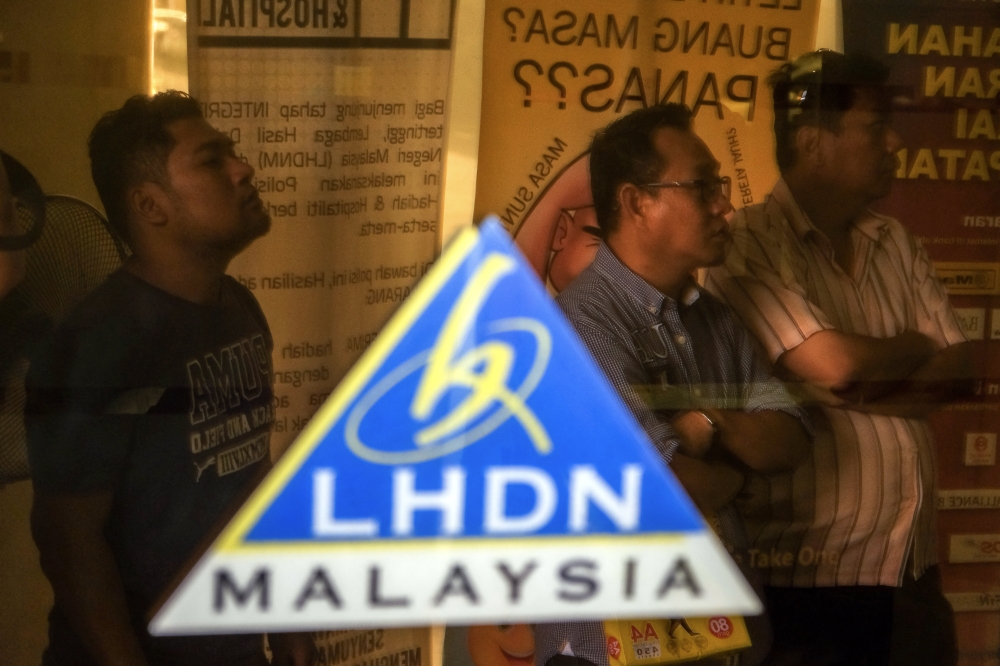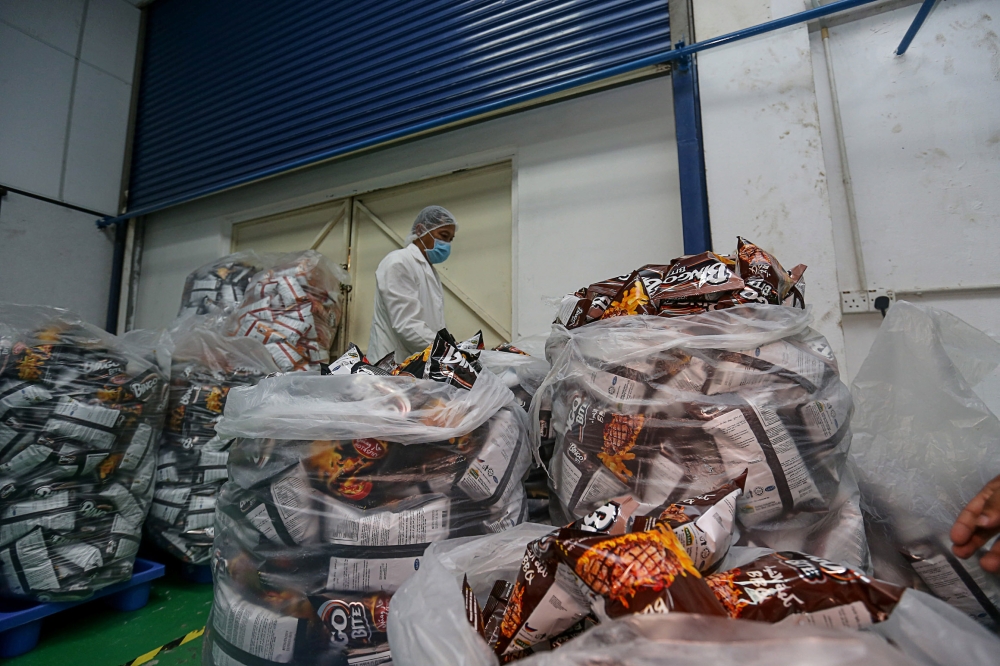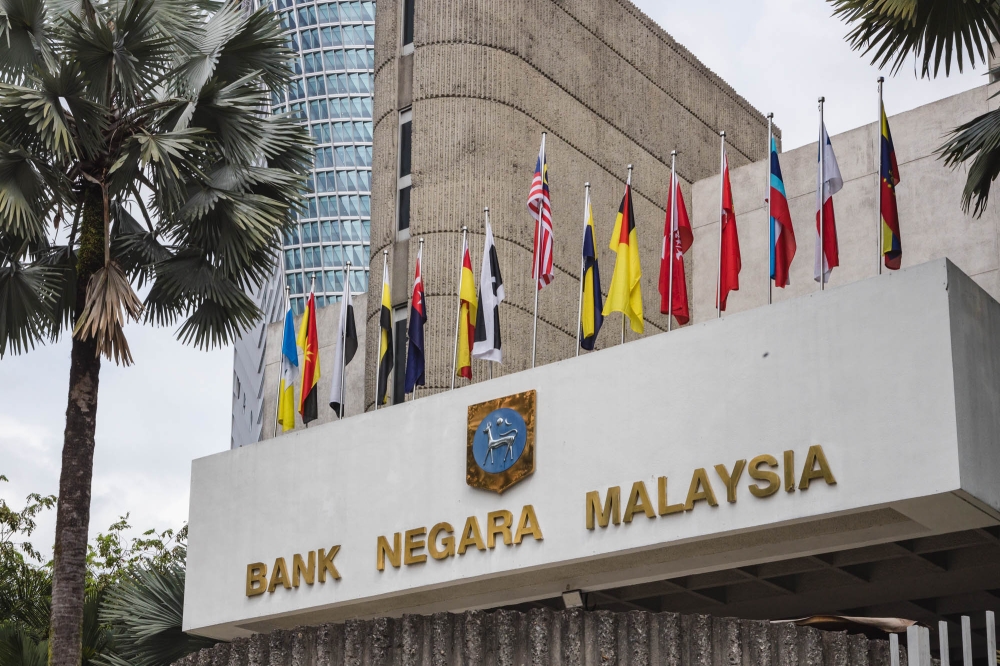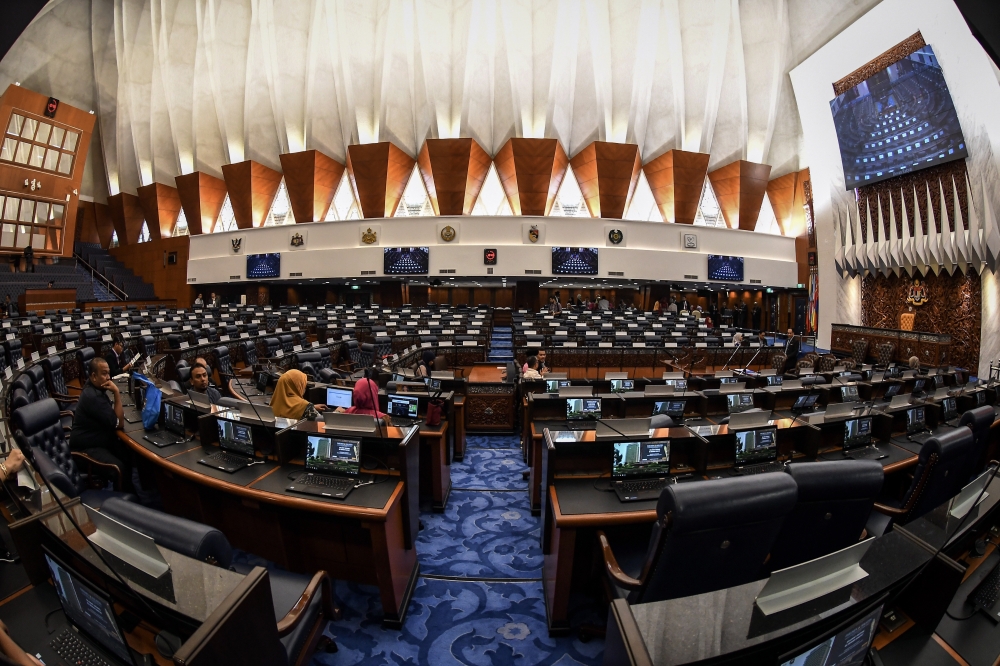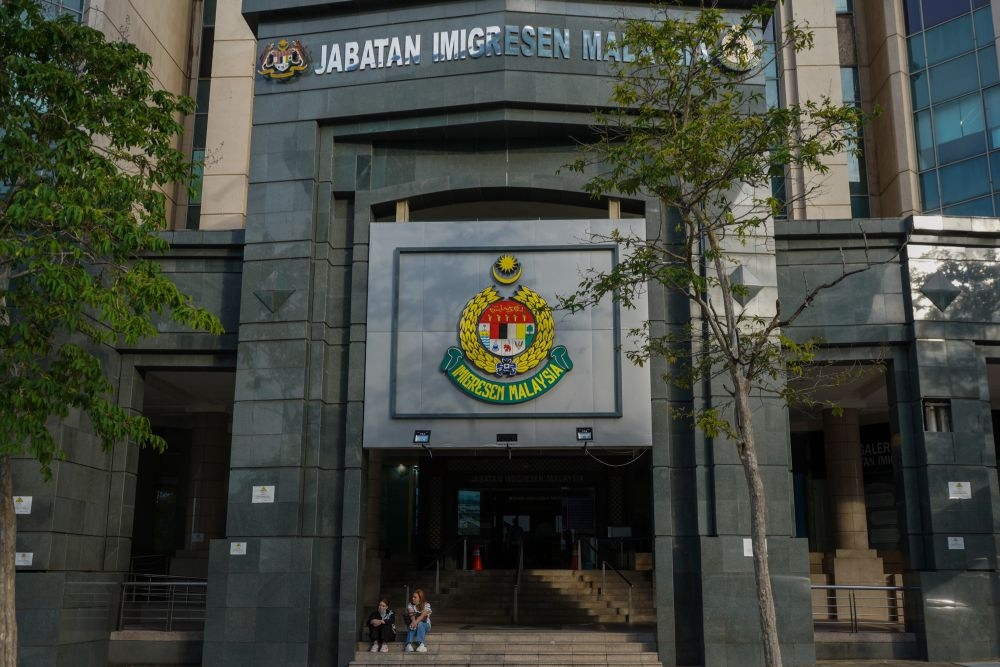KUALA LUMPUR, Feb 20 — The Small and Medium Enterprises Association of Malaysia (Samenta) has requested the government to take more steps to address urgent issues affecting the small and medium enterprises (SMEs) in the revised Budget 2023.
Samenta chairman Datuk William Ng said that while cost pressures and labour shortage remained the most urgent issues impacting the recovery of SMEs, longer-term challenges such as low productivity, digital displacement, regional competition, and environmental, social and governance (ESG) compliance should also be addressed the soonest possible.
“We are hopeful that the government will take both immediate and long-term views at ensuring the SMEs remain competitive, which in turn will support the national aspiration to regain its status as an Asian Tiger.
“This requires more than fiscal intervention and would need major reforms of our economy, but let us start with Budget 2023,” he said in a statement today.
In the immediate term, he said the country needed to shift governmental intervention from outright grants to tax rebates to encourage better financial discipline among SMEs.
For a start, Ng said Samenta would recommend a double tax deduction of up to RM1 million per company for the 2023 assessment year for capital expenditure to automate businesses, adopt digitalisation and the Fourth Industrial Revolution (IR4.0), as well as comply with the ESG standards.
“This will be on top of expanding the scope of low carbon transition facility to include consulting and training as well as any upgrading of facilities and processes that could lead to higher productivity,” he said.
Samenta would also advocate a lower tax bracket of 15 per cent for the first RM500,000 taxable income for SMEs to encourage reinvestment of the savings into growing their businesses, he said.
In the longer term, Ng said the government should help SMEs raise their productivity rapidly to remain competitive in the face of digital displacement and regional competition.
“With the signing of the Comprehensive and Progressive Agreement for Trans-Pacific Partnership (CPTPP) and the Regional Comprehensive Economic Partnership (RCEP), there will be more opportunities (available) for our SMEs, but there will also be increased competition.
“Hence, we need a focused push, not just encouragement to get our SMEs move up the value chain,” he said.
In other wish lists, the association said the government should address the labour crunch issues by allowing a double tax deduction for consulting, training, certification and software to help SMEs adopt productivity-linked wage systems.
It said the problem of illegal or overcharging foreign workers’ agents should be reduced by immediately banning and prosecuting such agents through available laws such as the Private Employment Agencies (Amendment) Act 2017.
The government should “allow the use of the Human Resource Development Corporation levy for the hiring of interns and apprentices, capped at a maximum of RM1,000 per month for up to six months, with no limit to the number of such interns and apprentices”, as well as “allow foreign students in Malaysia to work a maximum of 20 hours a week in professional services and retail sectors”.
Additionally, to lower the cost pressures on SMEs, Samenta hoped that there would be an announcement on no electricity tariff hike for all commercial and industrial users up to the first 1,000 kilowatt hour, and for all water, sewerage and telecommunication bills for the rest of 2023.
A 50 per cent rebate on Internet bills for the year to all SMEs in rural areas should be offered to encourage telecommunication companies to extend services to low-coverage areas and for rural SMEs to be digitally connected, it said.
The association also urged the government to set up a register of SME Grant under SME Corporation Malaysia to limit any outright or matching grant from all government agencies to a lifetime cap of RM500,000 per business and director to discourage “grant-preneurs”, thus allowing any financial assistance to benefit more SMEs.
Additional measures should be taken to reduce direct competition from government-linked companies in non-strategic sectors and to encourage their support for SMEs, it added. — Bernama



